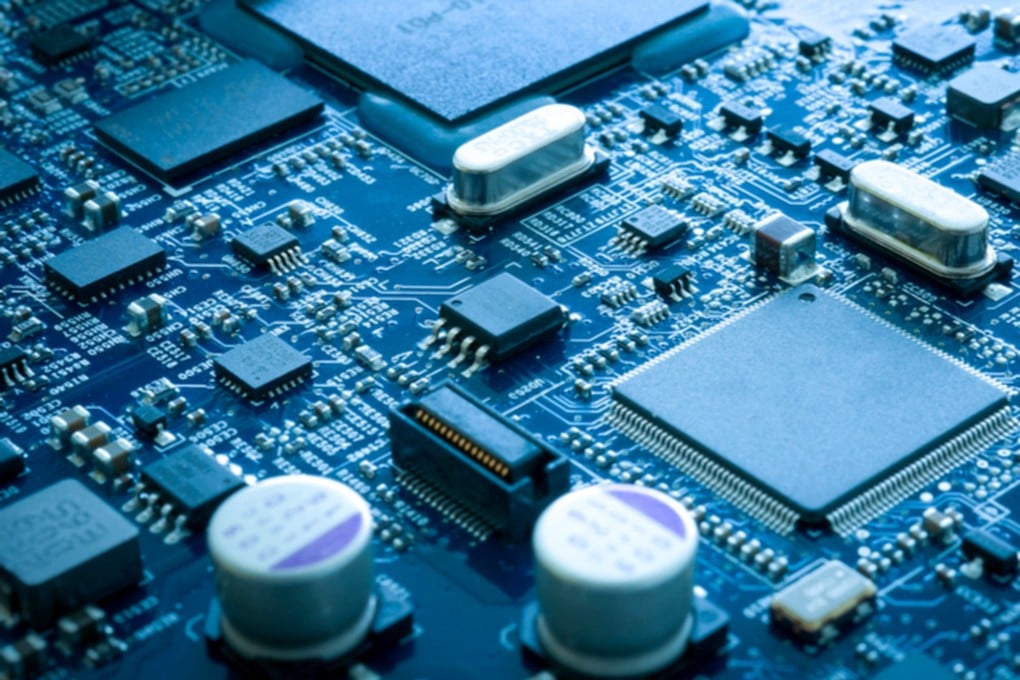China’s chip dreams face reality check with Biden’s united front approach and realisation that money can’t buy success
- US export controls imposed on Chinese tech firms are not expected to be significantly relaxed under Biden
- China’s ambitions were clear as early as 2014 with the National Integrated Circuit Plan, promising US$150 billion for the domestic chip sector

The US-China confrontation over semiconductors is expected to continue under a Biden presidency but is likely to take a different approach, with the new administration enlisting allies in its attempts to blunt Beijing’s goal of self-reliance in chips, according to analysts.
In a commentary published by the World Journal in October, Biden wrote that if elected, he would “focus on boosting American competitiveness”, adding that there would be collaboration with China “when it’s in our interest”.
“Biden has been firm on China, and more importantly, has bigger priorities right now like the pandemic,” said Bryan Ma, client devices vice president with research firm IDC. “Even if there are any changes to tech policies, it probably won’t happen right away.”
Experts agree that China will find the road to chip self-reliance challenging, not only because of worsening diplomatic relations, but also because the country faces a shortage of core tech skills despite the billions of dollars it has invested in semiconductor talent and new facilities.
“The chip industry is a market-oriented and talent-intensive industry that requires technology accumulation. The large amount of capital investment is not equal to competitive products,” said Roger Sheng, a semiconductor analyst at Research firm Gartner. “I think Biden will continue the cards that Trump played against China and work with allies to drive [Beijing] into making more concessions.”
Will Hunt, a research analyst at the Centre for Security and Emerging Technology, a think tank at Georgetown University, said the Biden approach would likely be more targeted.